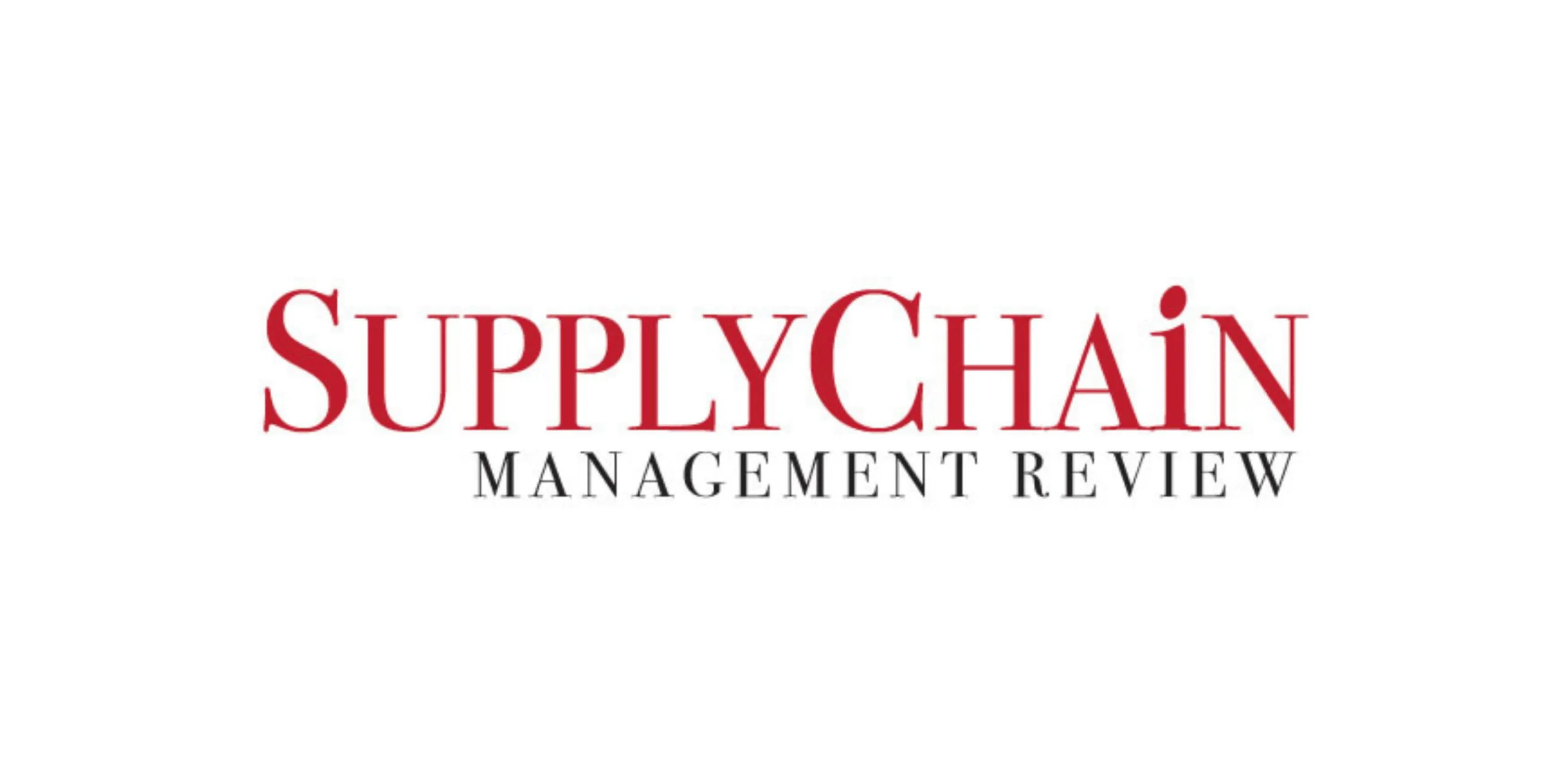Global conflict is big business for defense manufacturers. And similar to the healthcare supply chain, lives depend on the aerospace and defense supply chain. But, it isn’t immune to the same global challenges as other supply chains—a shortage of talent, volatile raw material prices, shipping delays, and unavailability of materials and parts.
“Since the pandemic, these factors have been causing an increase in material lead times and supplier decommits, resulting in increased volatility in operating, program, and financial performance,” wrote Deloitte in its 2024 Aerospace and Defense Industry Outlook.
Lead times have improved, Deloitte noted in the report, which came out in late 2023, but have yet to reach pre-pandemic levels. As of August 23, production materials delivery times had reached 87 days in the industry, down from 100 at its peak in July 2022.
Now that the U.S. House of Representatives has passed a long-awaited foreign aid bill that includes billions of dollars for Ukraine and Israel for the war efforts, the global defense supply chain may ramp up further. Because the bills fund wartime efforts in friendly nations that utilize U.S. military assets, the bills are expected to be a boost for U.S. manufacturers.
Read the entire Supply Chain Management Review article here>>




